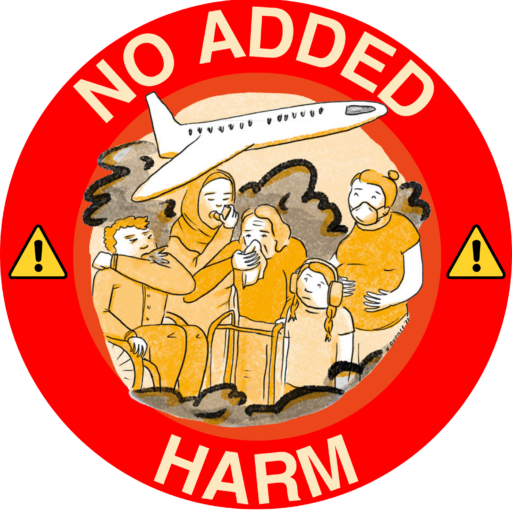Author(s): Elena Austina, Jianbang Xianga, Tim Gouldb, Jeffry Shiraia, Sukyong Yunb, Michael G. Yosta, Timothy Larsonab, Edmund Seto
Resource Type: Report
Publisher: Department of Environmental & Occupational Health Sciences, University of Washington
Subject: Air Pollution, Health, SeaTac Airport, King County, Featured
The Mobile ObserVations of Ultrafine Particles (MOV-UP) study analyzed the potential air quality impacts of ultrafine pollution particles from aircraft traffic on communities near and underneath Seattle-Tacoma International Airport (Sea-Tac) flight paths. This two-year study, which ended in December 2019, was funded by the Washington State Legislature to assess ultrafine pollution particles within 10 miles of the airport in the direction of aircraft flight. The study was led by the UW Department of Environmental & Occupational Health Sciences and the Department of Civil and Environmental Engineering. UW researchers collected air samples at numerous locations around Sea-Tac Airport over the course of one year between 2018 and 2019. They found that communities underneath and downwind of jets landing at Sea-Tac Airport are exposed to a type of ultrafine particle pollution that is distinctly associated with aircraft. The study is the first to identify the unique “signature” of aircraft emissions in Washington. The research team developed a new method to distinguish between pollution from jet traffic and pollution from other sources such as roadway traffic. Ultrafine pollution particles are emitted from both sources, but the research team found key differences in the particle size and mixture of particles they emitted. The team then mapped each type of emission mixture to show its specific geographic footprint around the airport. Although this study did not consider the health effects of exposure to roadway or aircraft-related pollution, other studies have linked exposure to ultrafine particles to breast cancer, heart disease, prostate cancer and a variety of lung conditions.
View source: deohs.washington.edu/mov-up
